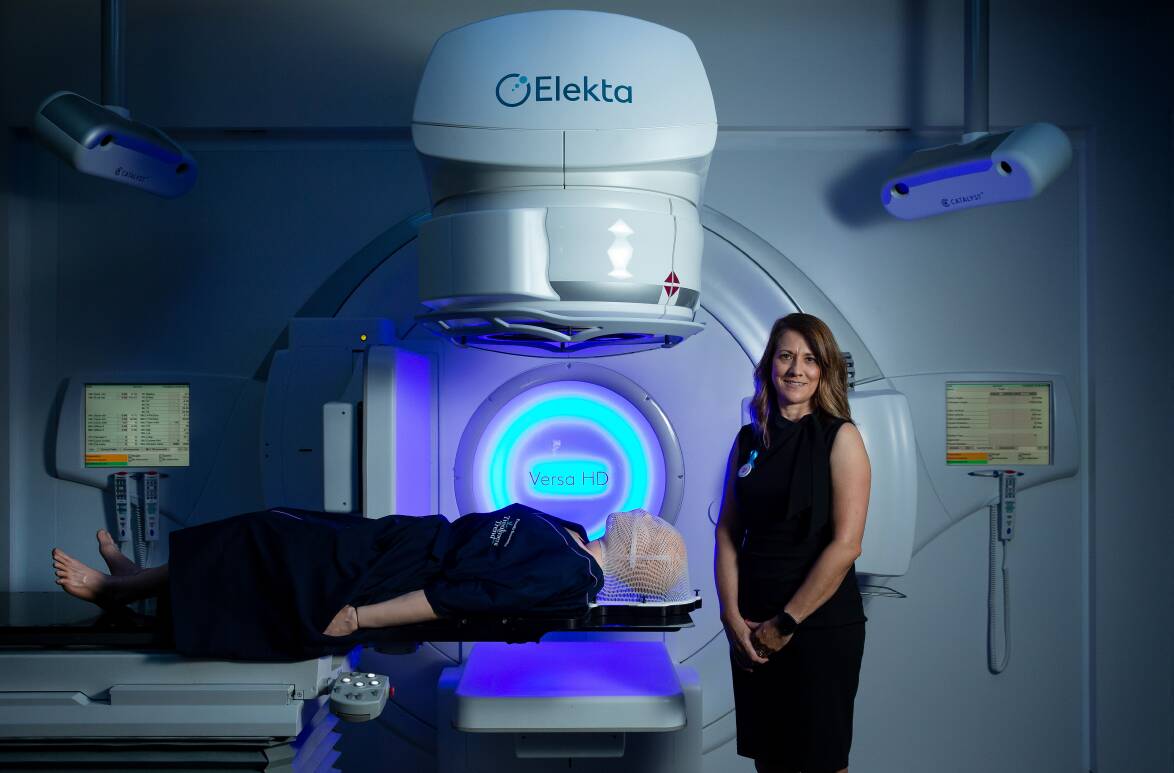
THE Hunter is fast becoming a global cancer "expertise hub" with the opening of a world-first radiation oncology centre at the University of Newcastle.
Designed to emulate a functioning radiation oncology facility, the Global Centre for Research and Training in Radiation Oncology offers students, teachers and clinicians hands-on access to industry-grade technology such as a linear accelerator, a CT scanner, and virtual reality technology.
Centre director, Associate Professor Yolanda Surjan, said it was also training international clinicians in the latest radiation therapy technologies.
"We have developed some short courses to teach some of our colleagues in Vietnam, for instance, and upskill them, and that has been accredited by the United Nations," Prof Surjan said at the centre's official opening.
"Everything we do here is centred around patient care. If it benefits the patient, we're involved with it, and we run purely on the goodwill of our industry partners and donors."
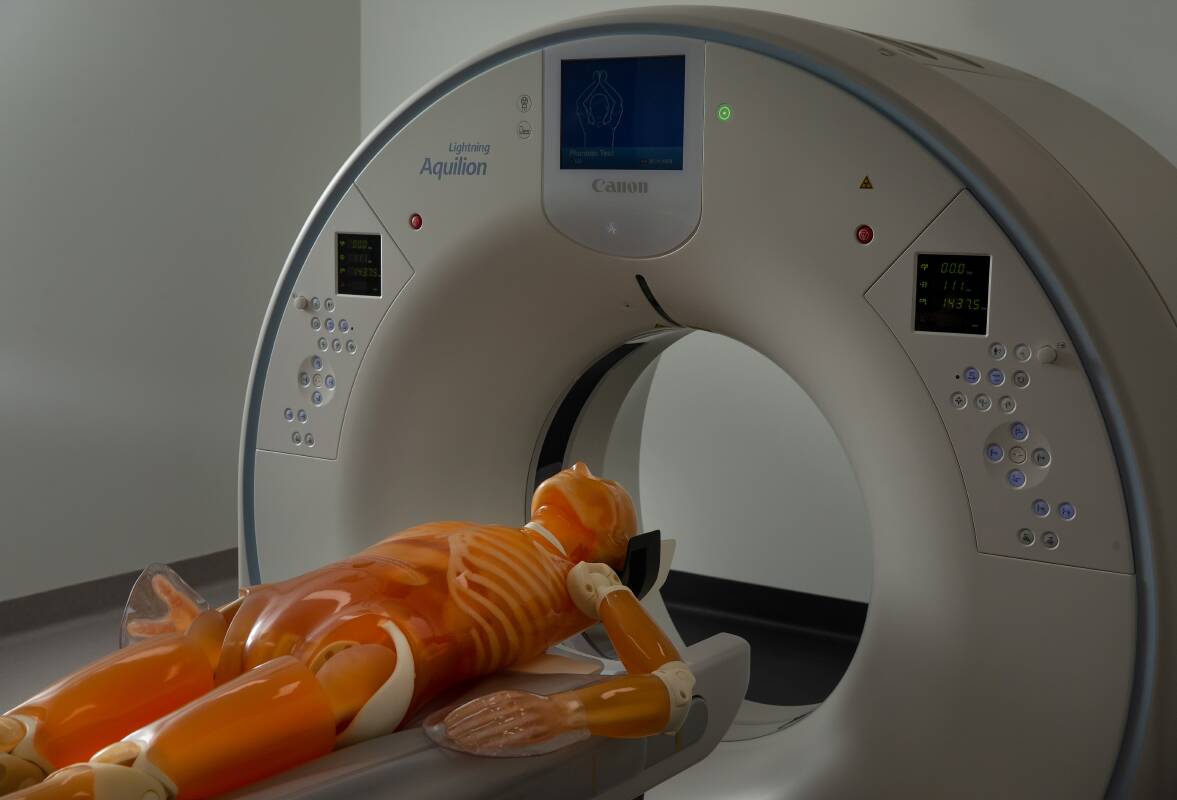

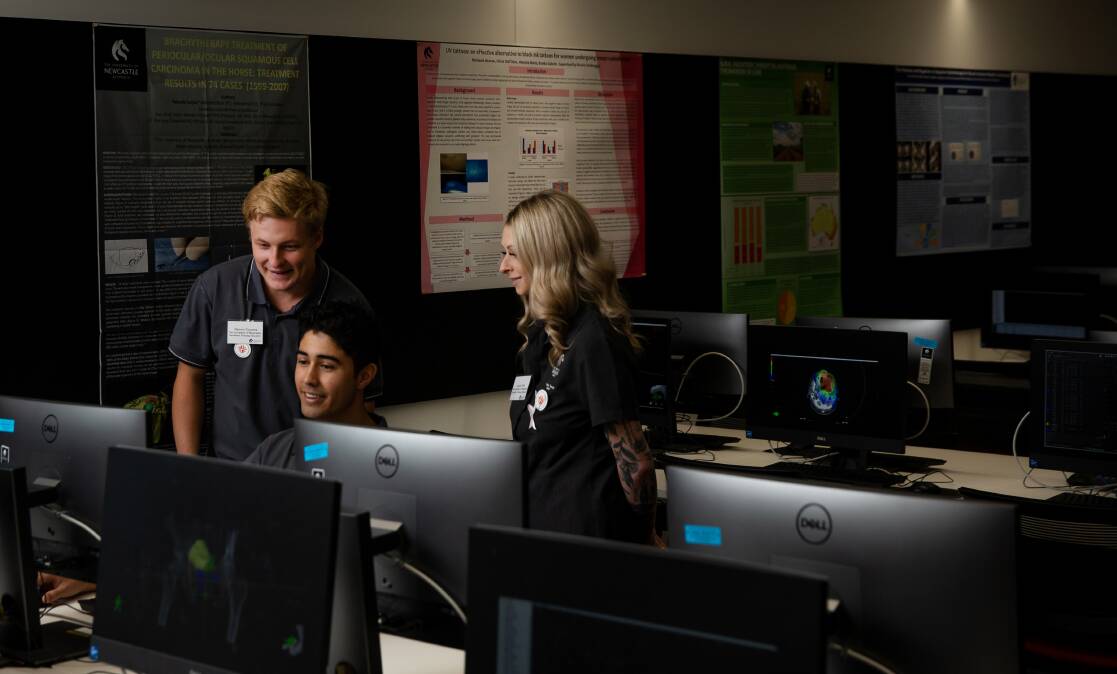
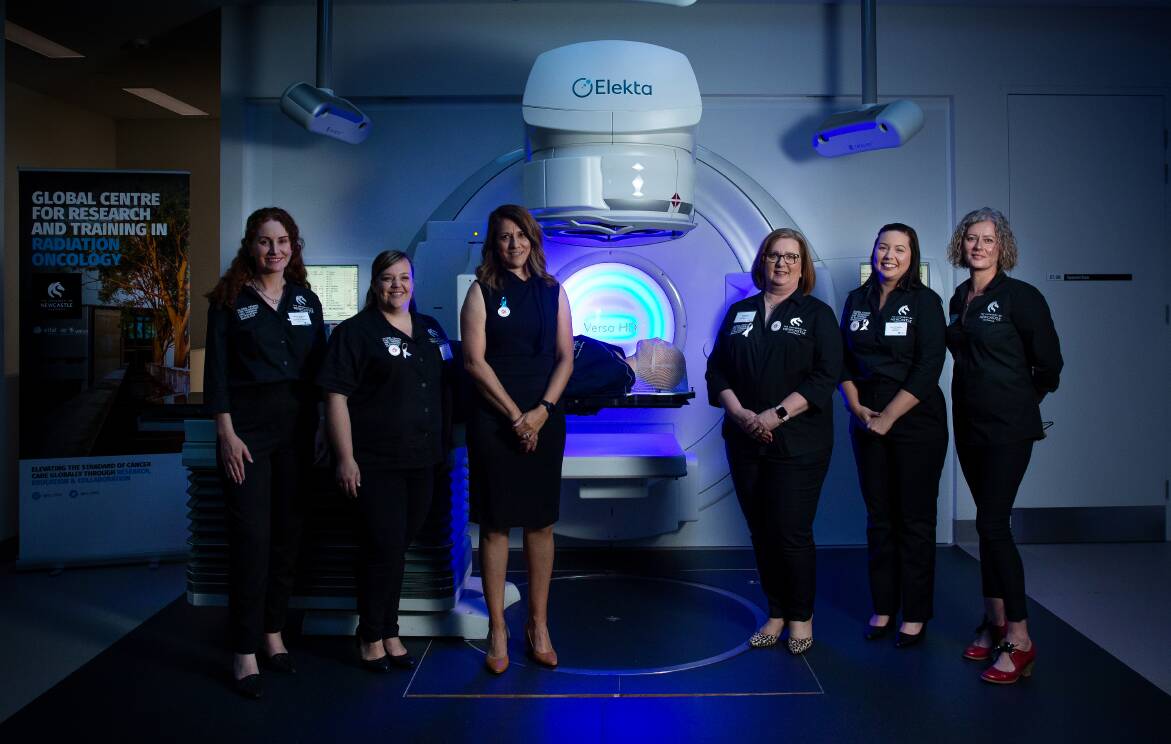

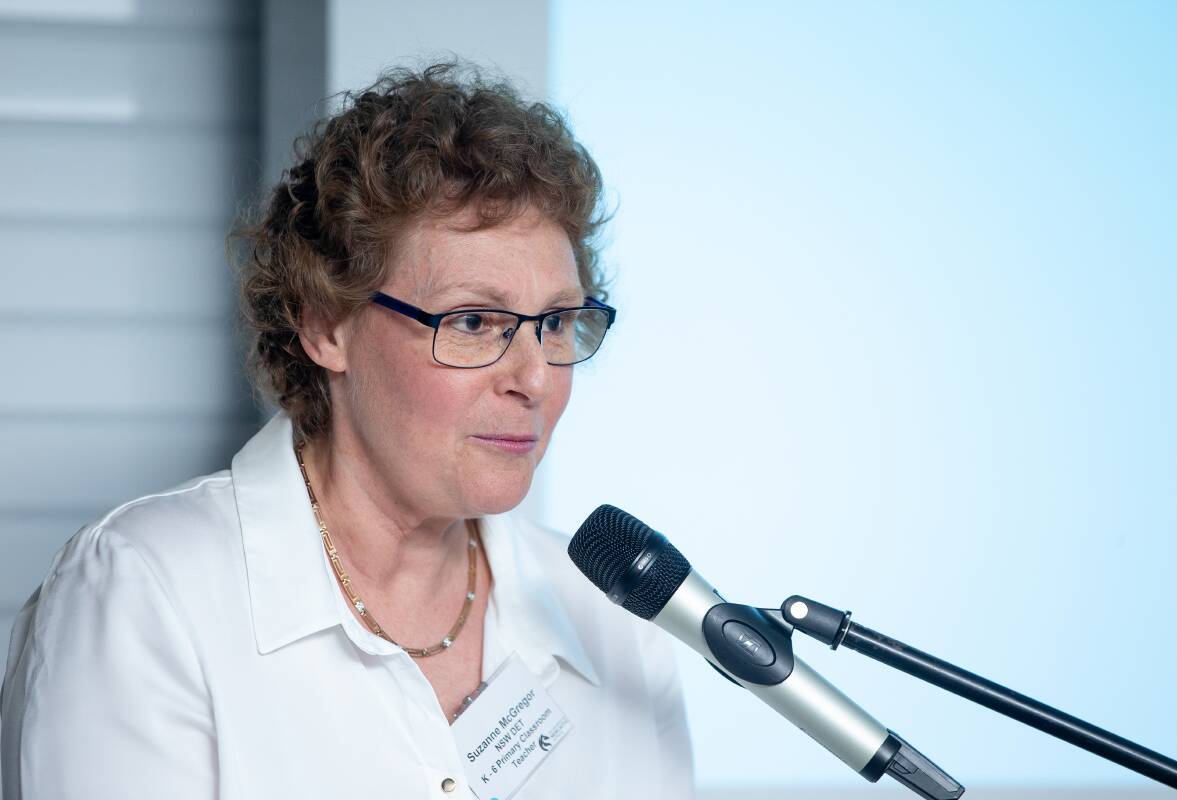
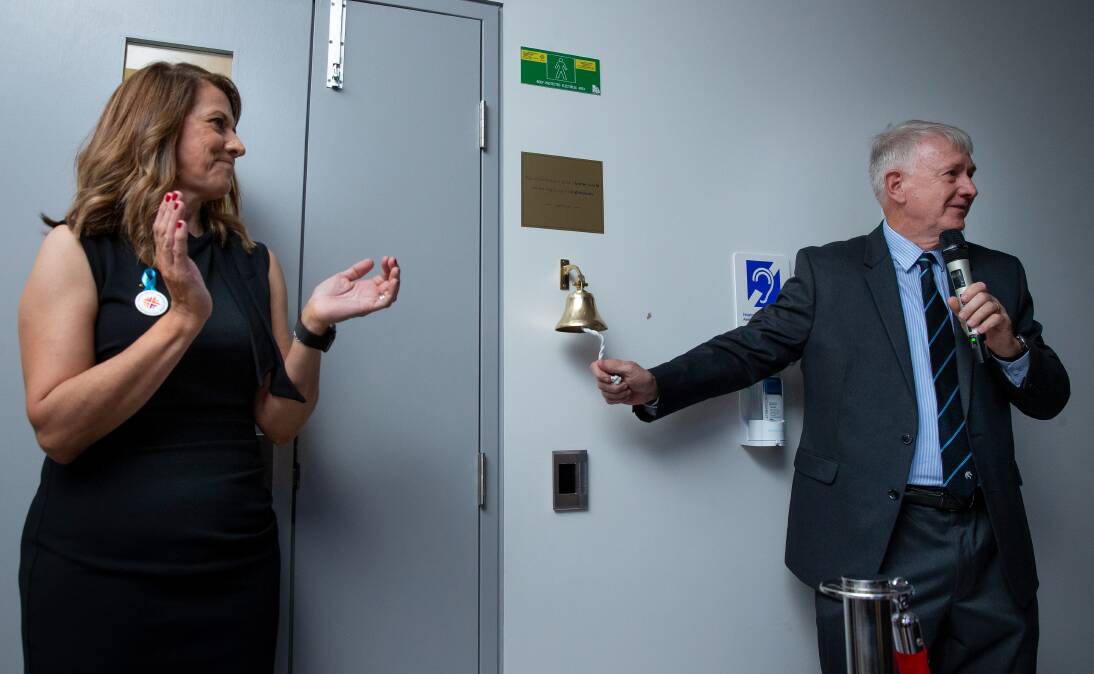
Prof Surjan said the centre provided a safe environment for students to gain practical skills before entering the clinical world. They will "hit the ground running", improving cancer care and the patient experience.
"Every piece of equipment we have within this space is the equipment being used clinically right now," Prof Surjan said. "In fact some of our students go out on placement and look for the equipment we have here because there are some departments that haven't quite got the latest of everything, whereas we have, due to the generosity of our industry partners and donors."
The centre has formed international partnerships in the US and Sweden.
"Usually we go to Europe for training," Prof Surjan said. "We are turning the tables on that and very much making this an expertise hub."
Dr Lucinda Morris, a radiation oncologist and co-chair of Targeting Cancer, said at the opening that sooner or later - everyone was touched by this "wicked disease". Radiation therapy was undervalued and under-utilised.
"We lack the profile of other cancer treatments, we're plagued by outdated misconceptions that it's a dangerous and difficult treatment, and we are desperately lacking funding into the sector," she said. "Fundamental to fixing these problems is education of the community, of patients, of radiation oncology professionals as well as general practices and students.
"This is a world-first facility that will be providing interactive, innovative education face-to-face to the groups that matter. In time, this facility will make sure people with cancer get access to very, very high quality radiation therapy."
WHAT DO YOU THINK? We've made it a whole lot easier for you to have your say. Our new comment platform requires only one log-in to access articles and to join the discussion on the Newcastle Herald website. Find out how to register so you can enjoy civil, friendly and engaging discussions. Sign up for a subscription here.







